Outside Seoul’s northern district court on Friday, Kim Do-yoon stepped into the cold air after another hearing in his appeal.
His crime: tattooing a satisfied client.
“I didn’t come with high expectations today,” says Kim, known professionally as Doy.
Just weeks earlier, South Korea’s parliament passed the tattooist act, ending 33 years of tattooing being restricted to doctors. The change will take effect in 2027, when a national licensing system is introduced. Until then, tattooing without a medical licence continues to be technically illegal.
For Doy, the legal shift has arrived too late: his prosecution for tattooing a celebrity – which began in 2019 – continues despite the law being passed. But, like many other artists in South Korea, he welcomes the new legislation and hopes it will bring his industry out of the shadows.
‘Creating something beautiful, in hiding’
Tattoos in South Korea have long been associated with organised crime. Some public pools, bathhouses and gyms still ban visibly tattooed people.
Yet attitudes among younger generations have shifted sharply. Tattoos have become markers of personal expression, and “K-tattoos” – characterised by fine-line work and sophisticated colour techniques – have gained worldwide recognition.
The restrictions on tattooing date back to 1992, when the supreme court ruled that inserting ink beneath the skin constituted a medical procedure. Only licensed doctors could tattoo people, but very few offered the service.
In the decades that followed, an enormous shadow economy took hold. Official numbers do not exist, but industry estimates suggest that up to 16 million South Koreans now have some form of tattoo, both permanent and semi-permanent, such as eyebrow tattoos.
Despite the widespread popularity, finding a studio has often depended on word of mouth or social media.
“We’d never share the address until a booking was confirmed,” says Hyun Oh, who goes by the artist name Stella and works in Seoul’s Itaewon neighbourhood.
“It always felt like creating something beautiful, but in hiding.”
She recalls an industry built on discretion, with studios tucked away, without signs.
“It was strange – I loved what I did, but there was always this underlying feeling of being ‘unofficial’. Sometimes it felt like we were doing something wrong just for expressing art through skin.”
Kiljun is another artist working in Seoul. He has been tattooing since 2007, navigating both prejudice and prosecution. He was fined once a decade ago but kept operating.
“I never thought this was wrong or criminal,” he says. “But socially – especially among older generations – they think I’m a bad guy, so I’ve always had to keep a low profile and be careful with everything I do.”
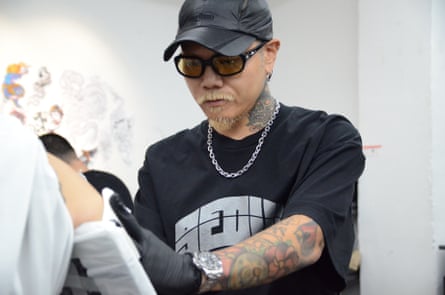
Kiljun described the industry as having long existed in a “grey zone”, with authorities aware of most studios but often turning a blind eye. That ambiguity still lingers, he says.
For tattooists, the struggle has always been about legitimacy. Doy helped channel that fight by founding the Tattoo Union in 2020, affiliating it with one of South Korea’s largest labour confederations.
The group staged protests, lobbied politicians and argued that criminalisation was both absurd and dangerous, forcing practitioners to work unprotected and unable to report abuse.
The Korean Medical Association, meanwhile, fought fiercely against legalisation, warning of infection risks and interference with MRI scans. The group once suggested “tattoo stickers” as a safer substitute.
The new law creates a national licensing system with examinations, training requirements and liability insurance. Tattoo removal remains restricted to doctors, as does tattooing minors without parental consent.
Implementation begins in October 2027 to allow time to build licensing and hygiene standards. Existing practitioners will then have a two-year grace period to obtain full licensing.
For artists, the long-awaited recognition brings mixed emotions.
“It feels like a new beginning, but still uncertain,” says Stella. “There’s relief in finally being acknowledged, yet many of us are waiting to see how things will actually work. I’m hopeful but also cautious.”
There is no formal amnesty for past offences, and prosecutions like Doy’s continue.

In Seoul for a day to face his court hearing, Doy expresses weary determination before heading back to China to judge at one of the world’s biggest tattoo conventions.
“People told me to just wait two years until the law takes effect and my case would disappear,” he says.
“But that’s not why I started this fight. It’s been six years now, and I’d rather see it through properly, with a just ending.”




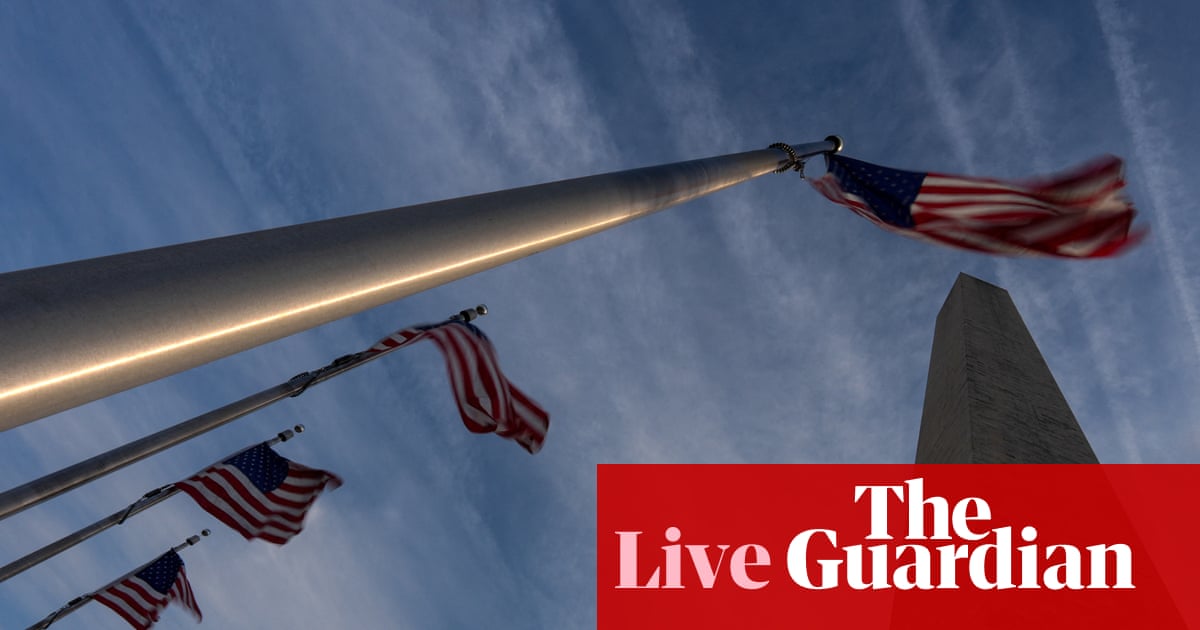
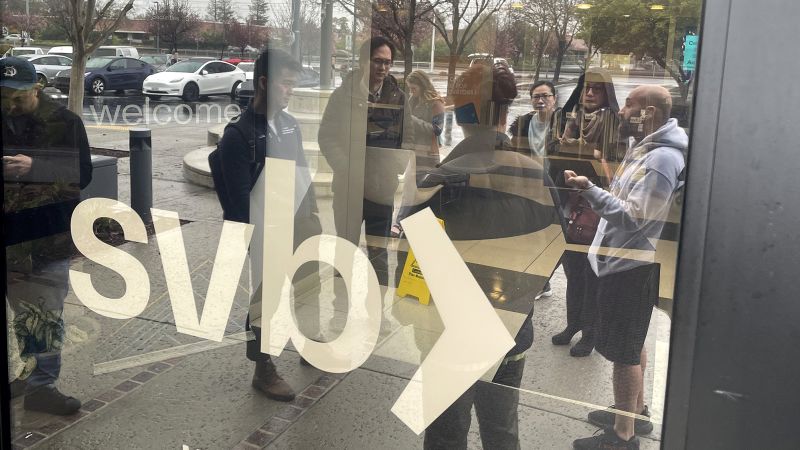
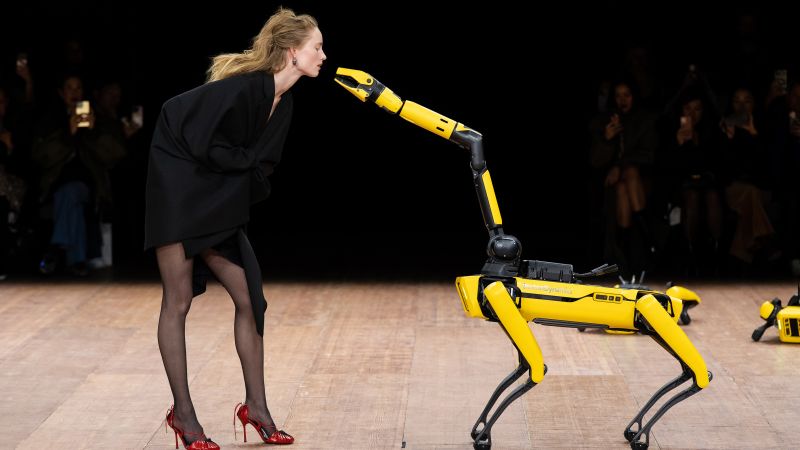
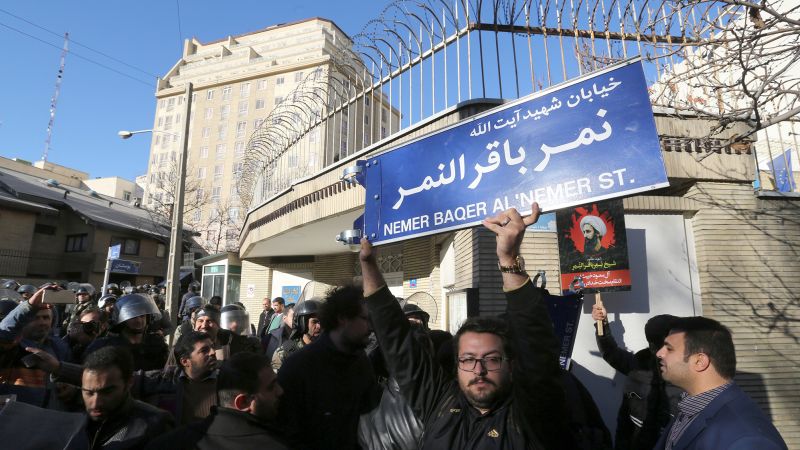
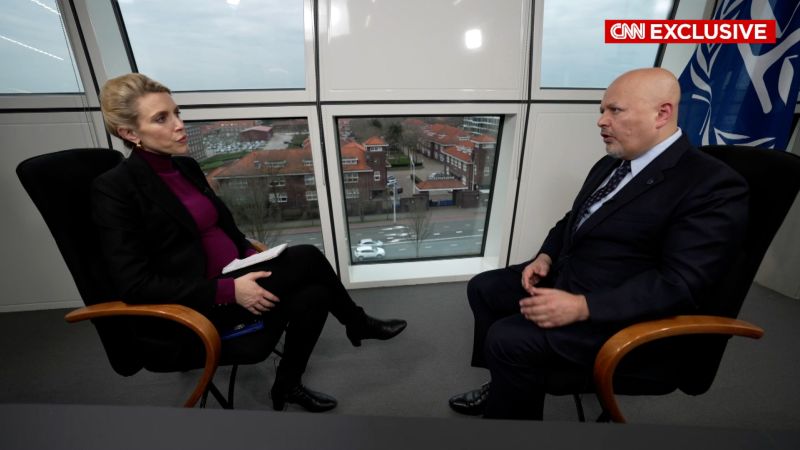
 English (US)
English (US)